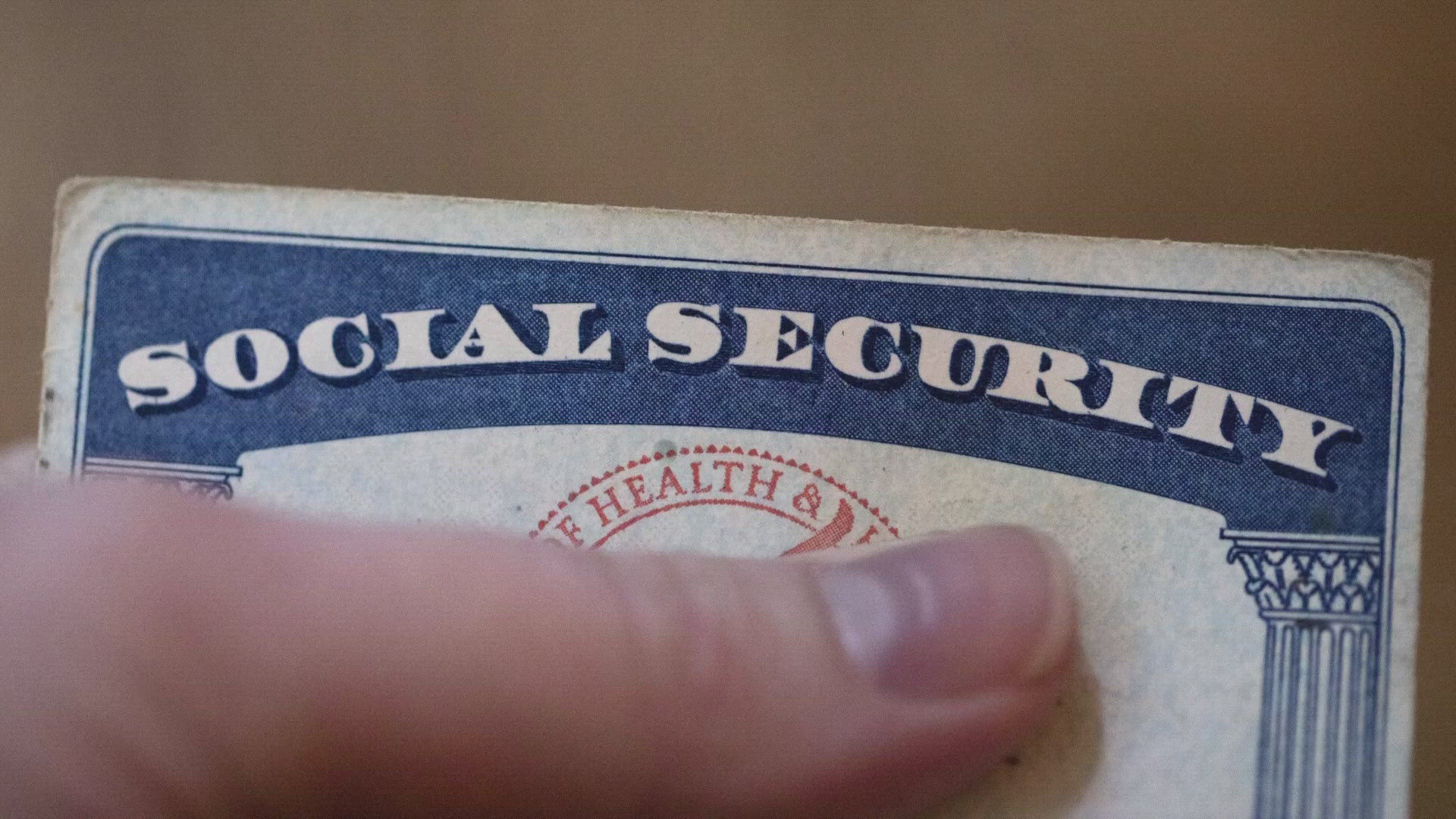A data breach revealed at least 2.9 billion Americans may have had their sensitive online information stolen by hackers.
Hackers are mostly looking to make money off of this stolen information, as a majority of stolen information will be sold on the dark web to a variety of shady groups or individuals.
“They are trying to get access to about everything they can alongside that," said Douglas Whitman, chief information security for Midland College. "They are looking for your date of birth, your address, your social security number, basically anything that they can use to open up a line of credit under your name, maybe get access to your bank account information or they are looking to just milk you for as much money as they can.”
Whitman helps keep the data at Midland College safe and out of the hands of bad actors, protecting it the best that Midland College can.
Normally, hackers like going after the big data groups to try and bag the biggest scores they can.
However, any individual can be targeted depending on their internet history.
“The main way that we see how they get access to people's information is when people go to bad sites, they'll load malware up on their devices," Whitman said. "Whenever you're typing in your credentials to your username and password, they get access to it and stealing it that way.”
Social security numbers are a double edged sword.
They are very useful in nearly every aspect of life for the average American. However, hackers can take advantage of the reliance.
“One problem in America is that we do use social security numbers almost exclusively, except for maybe driver's license numbers, so that will never change. Your driver's license and your social security numbers don't change," Whitman said. "It's used in just about any sort of major account information or anything related to your credit, anything related to background checks, or student information and anything like that.”
There are some ways people can protect themselves and prevent data from being stolen in the future.
“Use multi factor authentication. A lot of websites like your banks will have, you know, 'text this number when you're trying to log in,' if you set up things like that through google authenticator or duo, things like that," Whitman said. "Password managers are probably one of the best ways to protect you and setting up identity, [along with] credit identity monitoring.”
If people do feel like, or if they find out, that information was stolen, there are some ways to report the problem or even help themselves.
“You can subscribe to annual credit reports through a lot of the major credit agencies. You can also - and I would recommend this to just about everybody - is to get your credit frozen," Whitman said. "It's very easy to do that with all the major credit reporting bureaus. It takes less than five minutes per agency, and you can unfreeze it whenever you're ready.”
Other ways to protect data are to regularly change passwords and keep anti-virus software up to date.

